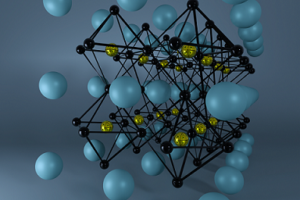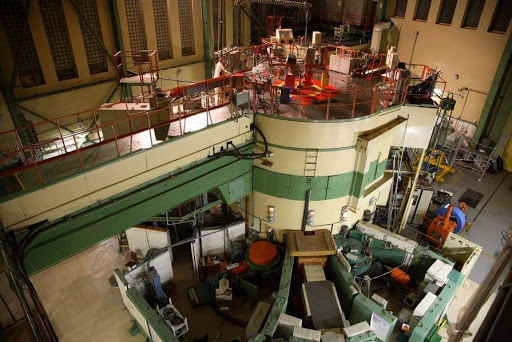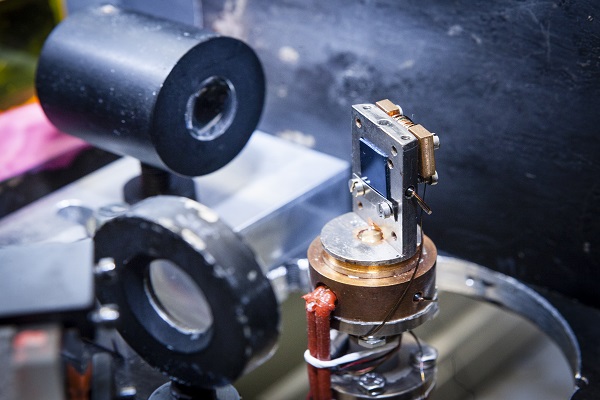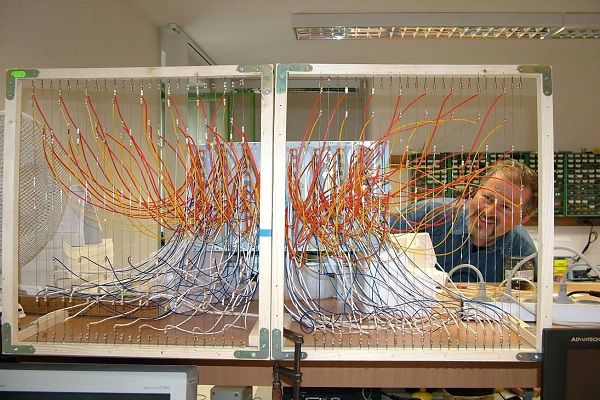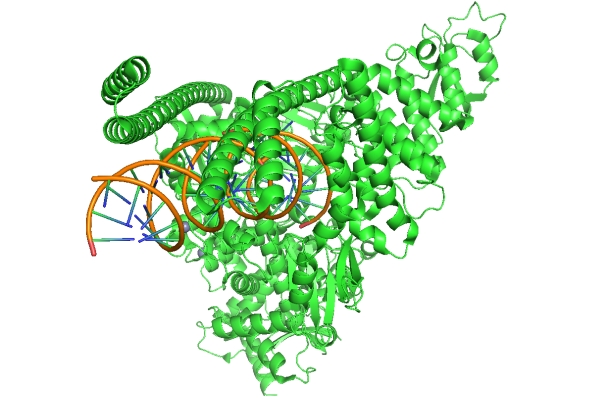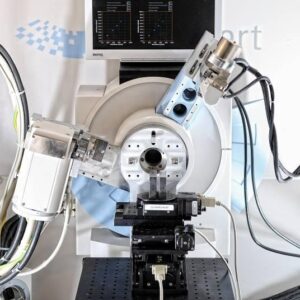X-ray diffraction
The X-ray diffraction laboratory is a scientific and pedagogical workplace. In addition to teaching students, scientific research is traditionally focused primarily on X-ray diffraction studies of the state of residual stress in polycrystalline metal and ceramic materials. The instrumentation also enables to qualitatively and quantitatively investigate the phase composition and preferred orientation (texture) of polycrystalline materials. The laboratory also offers a wide range of analyses and services.
Department laboratories
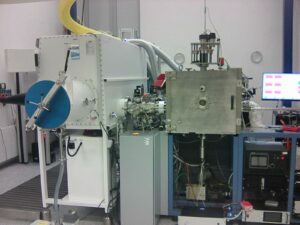
Applied photonics and quantum technologies
A traditional area of LAPQT activities is the development, preparation and characterization of materials, structures and nanosystems useful in the design of chemical and physical sensors and active waveguide elements. We have now expanded our activities into the preparation of thin films and multilayer structures for use in the fields of quantum technologies and protective layers.
Material modeling
The Material Modelling Laboratory is focused on multi-scale material modelling. It focuses on both ab-initio quantum mechanical calculations of electronic structures (based on DFT), as well as molecular mechanics-based simulations (forcefield theory) and selected problems in continuum thermodynamics.
Neutron diffraction
The Neutron Diffraction Laboratory of the Department of Solid State Engineering, FJFI CTU (LND) uses the diffraction properties of thermal neutrons for applications in structural and textural analysis and materials research.
The activity of the laboratory is focused on optical diagnostics of volumetric and thin-film dielectric and semiconductor materials. The aim of the study is to use
luminescence, absorption and Raman spectroscopy to elucidate the electron structure, formation and properties of point defects and impurities in the investigated
materials in relation to their structure.
Control of experiments
The Experiment Control Laboratory supports the development of original experimental methodology in the Department of Solid State Engineering. The study of the physical properties of solids relies on experimental data obtained mainly from diffraction and spectroscopic apparatus requiring real-time control.
Structural biology
The research activities of the Laboratory of Structural Biology (established in 2016) are focused mainly on the use of synchrotron radiation in structural biology, i.e. structural analysis of biological macromolecules. Single-crystal X-ray diffraction is the dominant methodology for structure determination.
